Fife Council has been urged to consider “unthinkable” cuts after it was found to be routinely breaking the law on homelessness.
Homelessness charity Shelter Scotland says some local authorities, including Fife, should cut non-essential services such as culture and sport.
This would allow them to address the housing crisis.
There are more than 13,000 people on the housing waiting list in Fife, including 1,758 applicants assessed as homeless.
Fife Council says it is making “real progress” on the issue, building 245 new houses and buying 32 in the last 10 months.
It has also pledged a £455 million housing investment over the next four years.
The number of homeless applicants has reduced from more than 1,900 as a result.
However, a Shelter Scotland report published on Monday says the levels of homelessness in Fife, Glasgow and Edinburgh now “exceeds the capacity to respond”.
And the charity describes that as “a systemic failure”.
‘It’s time to think the unthinkable’
Fife is also one of 10 Scottish local authorities breaking the law on a routine basis.
Shelter Scotland director Alison Watson said urgent and radical action is now needed from every level of government.
“Warm words and good intentions are failing to tackle Scotland’s growing housing emergency,” she said.
“It is time to think the unthinkable. What do we need to stop so that every child in Scotland has a home?”
Ms Watson called for a rise in public spending.
But she said if councils lack cash for homeless services, they should stop spending it on areas not required by law.
She added: “What are people prepared to go without so that Scotland’s 10,360 children denied a home have a safe place of their own. Libraries? Enterprise schemes?”
Ms Watson called on the Scottish Government to publish its promised Housing Emergency Action Plan to ensure no councils continue to break the law.
And she urged the UK Government to increase housing benefit and other allowances.
Fife Council ‘committed’ to reducing homelessness
Fife’s housing spokesperson, Councillor Judy Hamilton, said: “We are committed to providing good quality housing in Fife.
“This is absolutely fundamental—and never more so than during a housing emergency.”
She added: “People deserve warm, safe homes that are affordable, especially those on the lowest incomes.”
Ms Hamilton gave several examples of progress over the last 10 months.
Along with the 277 new houses, Fife Council has reduced the number of empty homes.
It has also cut the time it takes to get an empty house ready for re-let by five days.
Meanwhile, the number of families in B&B-type accommodation has fallen from 23.1% to 5.21%
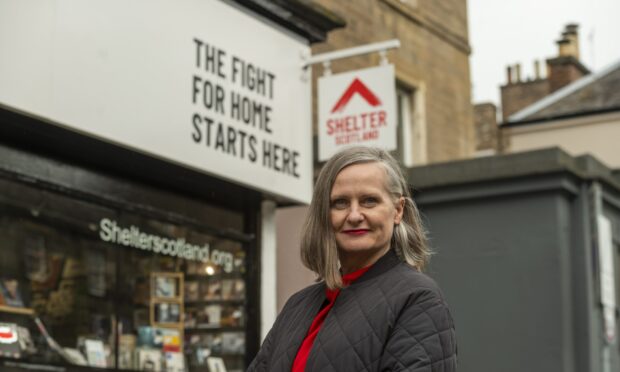
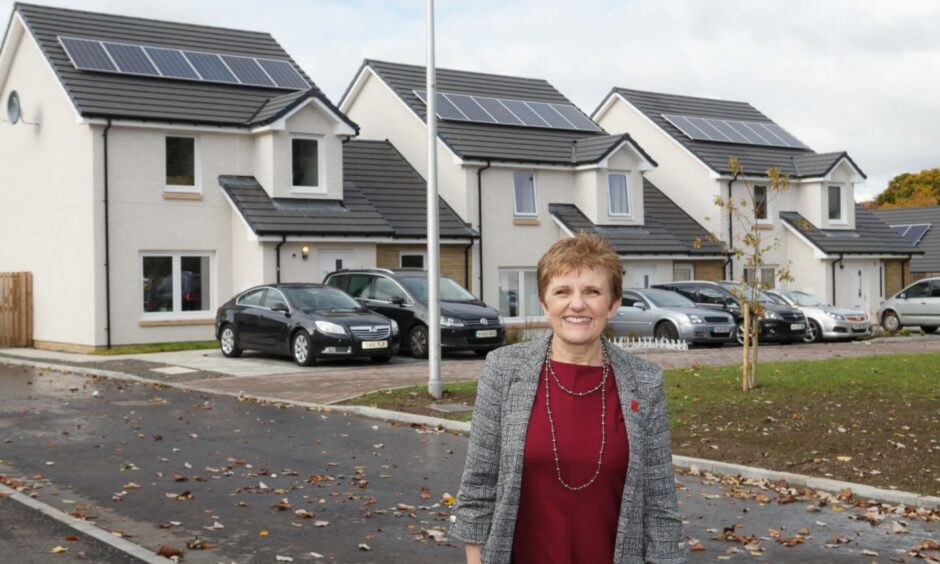
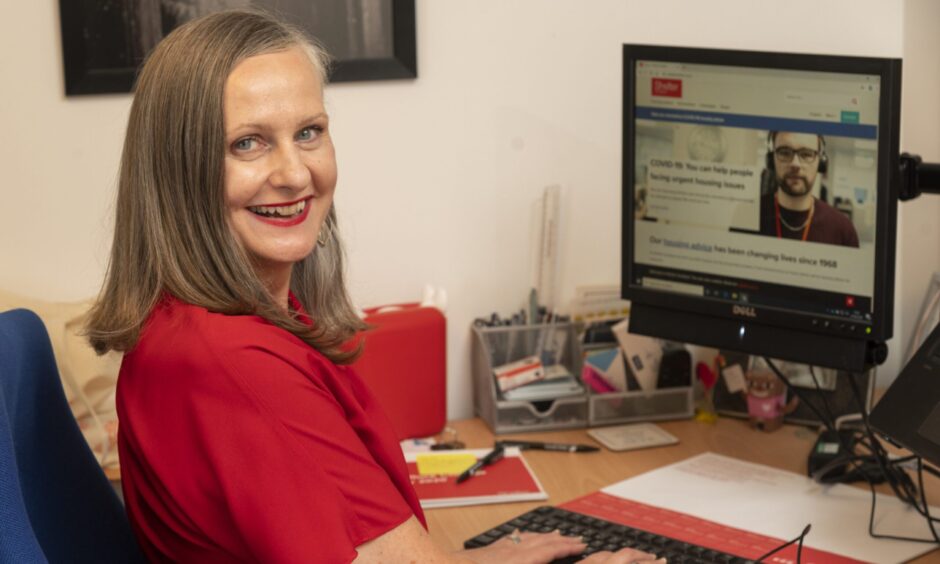
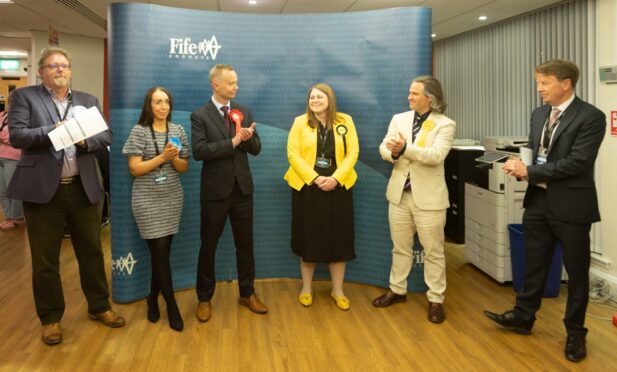

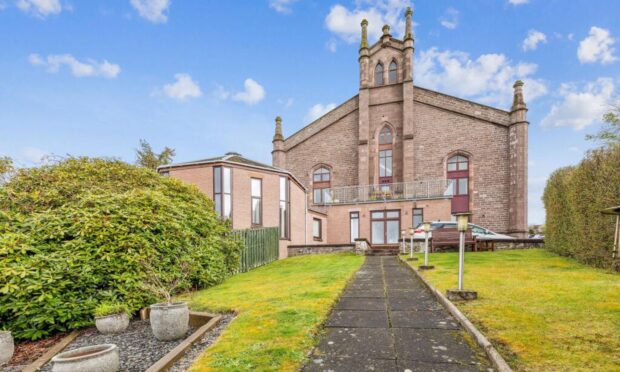
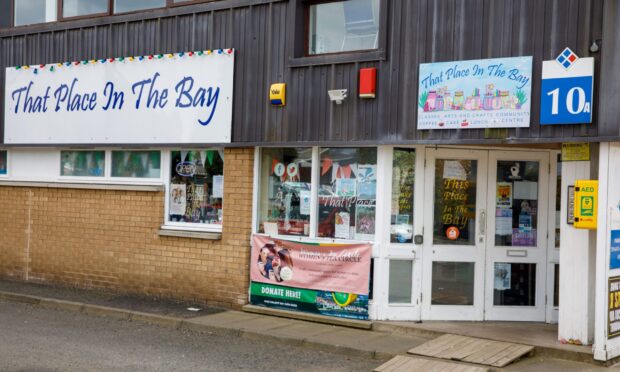
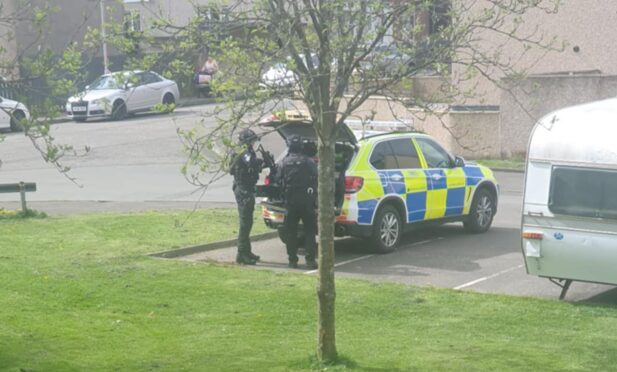
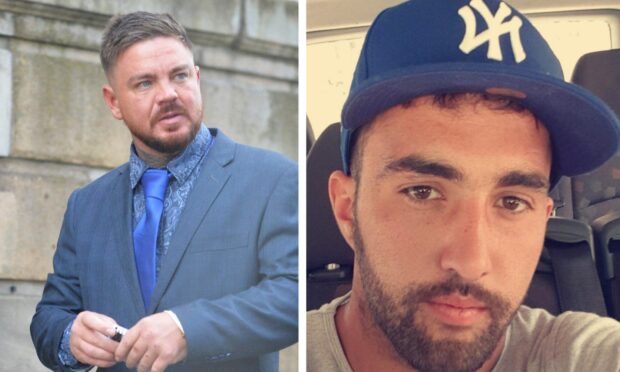

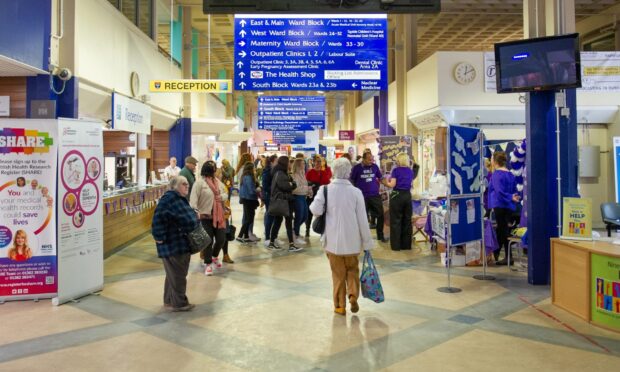
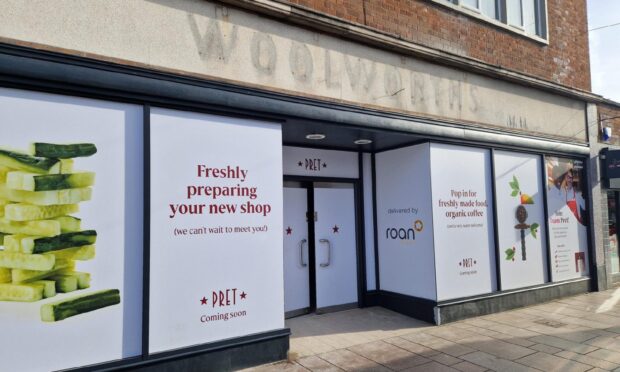
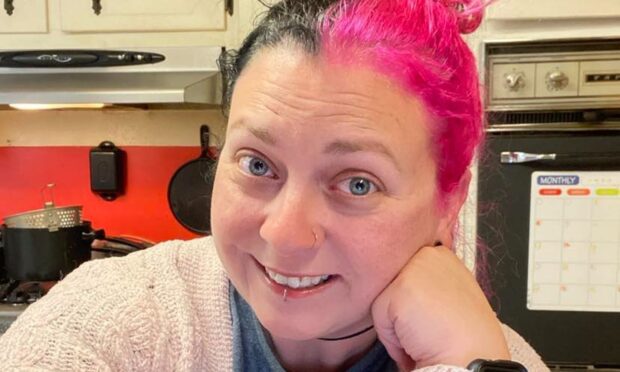
Conversation